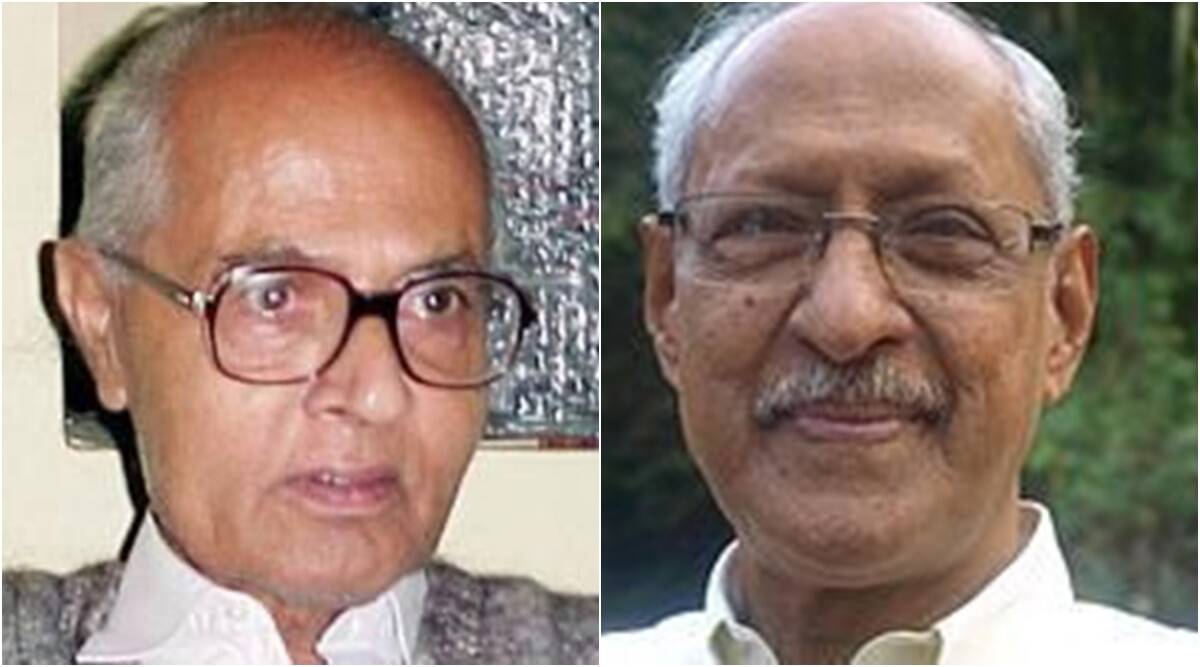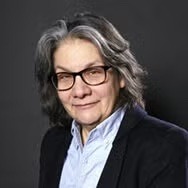Assam poet and Konkani novelist receive Jnanpith Award
on Dec 09, 2021

Assamese poet Nilmani Phookan Jr won the 56th Jnanpith Award and Konkani novelist Damodar Mauzo won the 57th Jnanpith Award. The country’s highest literary award, the Jnanpith is bestowed on writers for “their outstanding contribution to literature”. Mauzo, 77, is based out of Majorda, Goa, and has previously won the Sahitya Akademi Award. He is known for his novels, such as Karmelin, and Tsunami Simon, and short stories Teresa’s Man and Other Stories from Goa.His books have been translated into several Indian languages. The author said he was elated to be awarded the Jnanpith, but also realised that there were many writers of the same calibre or better than him who deserve the award.
“Perhaps the problem of the jury is to consider one name, so I am lucky. I accept this award with humility on behalf of my fellow writers, who also deserve this,” he said.
Mauzo’s achievement comes in Goa’s 60th year of liberation from the Portuguese Estado da India in 1961. “I am happy for my language, which suffered at the hands of the colonisers,” he said, adding that it was a dark period for Konkani as the Portuguese barely tolerated Indian languages.
It was only after 1961 that Konkani literature was able to find a place in the country. This is the second Jnanpith Award for a Konkani writer— the first being Ravindra Kelekar in 2006..
Phookan, 90, is a Sahitya Akademi and Padma Shri awardee. Based out of Guwahati, he is a poet of renown and has written Surya Henu Nami Ahe Ei Nodiyedi, Gulapi Jamur Lagna, and Kobita.
The poet was unavailable for comment due to age-related reasons. His son Jyotirmoy said, “My father is primarily a poet but used to write prose as well. He was one of the pioneering art critics from Assam, and worked on folklore and folk art.”
Phookan is the third Assamese writer to have received the Jnanpith. The previous awardees were Birendra Kumar Bhattacharya in 1979 and Mamoni Raisom Goswami in 2000.

.jpg)
.jpg)
.jpg)
.jpg)
.jpg)
.jpg)

.jpg)

.jpg)
.jpg)

.jpg)
.jpg)
.jpg)










Sorry! No comment found for this post.